The content of the article
Sesame seeds are a delicacy familiar to everyone since childhood. They are known as a delicious culinary spice, which is added exclusively to sweet dishes in European cuisine. In fact, sesame has a lot of useful properties and is often used in alternative eastern medicine. Now it’s fashionable to ask for help with folk prescriptions for healing, maybe sesame should be added to your medicine cabinet?
What kind of sesame plant?
Sesame or sesame is a genus of annual herbaceous plants common in many countries in Africa. It includes 26 species. For food most often eat Indian Sesame. This species grows not only in India, which is clear from the name, but also in other eastern countries. In total, there are 15 countries in the world that export sesame seeds to all corners of the planet.
In order to give the seeds a sweeter taste and remove astringency, sesame seeds are not only grown, but also processed in a special solution and cleaned from the shell before being sent to importers. Thus, the seeds acquire new taste, but lose a number of useful properties. The fact is that many vitamins and minerals are contained in the shell. However, unrefined sesame seeds are very difficult to find in the European part of the mainland, as they are not popular with consumers.
How to use sesame seeds in different countries
Sesame is used not only in food and medicine, but also in cosmetology. It is more often consumed in food in the countries of the East, where it grows. The main value of sesame is that it is very unpretentious to weather conditions. The roots of the plant go far deep into the earth, because the high temperature and drought do not prevent it from growing. This is especially important for areas where it rarely rains.
Sesame oil is made from sesame seeds, in some countries it is more common than sunflower, olive or corn. Use it like any other vegetable oil. It is customary to sprinkle sesame buns and puffs, add to the dough when baking sweets.
In the east, halva and kozinaki are prepared from fried sesame seeds. This is their main difference from the local sesame sweets. Domestic kozinaki almost always have a taste of raw sesame due to improper processing. On the shelves of local shops you can find sweets and chocolates containing sesame. For example, Roshen produces milk chocolate with lots of sesame seeds.
Not only dessert can be made from sesame seeds. In the Arab countries, it is used to make tahini, a paste that is used as a sauce for many national dishes, and also added to pies. In China, seeds are used to make your favorite national delicacy - sesame balls. The Japanese make sesame gomashio seasoning from sesame seeds, which they add to most of the classic dishes of their cuisine. Interestingly, sesame does not grow in Japan, but this country is the largest importer of sesame in the world.
In addition to cooking, sesame oil is often used in cosmetology. Especially in those countries where similar vegetable oils from other crops are more expensive.
Nutritional Information of Sesame
Sesame contains a large amount of vitamins. Group B in those seeds that we sell is almost not contained, it is lost when peeling sesame seeds. But in the seeds there remains a large amount of natural antioxidants - ascorbic acid and tocopherol. Moreover, due to the high content of oils in the seeds, fat-soluble tocopherol is absorbed almost completely. In addition to vitamins, sesame is rich in essential amino acids.Of the amino acids, it contains lysine, methionine and tryptophan.
A lot of these seeds and trace elements. Sesame contains an average of about 10% of the daily dose of substances such as: manganese, magnesium and calcium and 20% of the daily requirement of copper. However, it should be borne in mind that calcium from sesame is almost not absorbed, because it is contained there in the form of salts. Carbohydrates, proteins and fats are found in sesame in a ratio of 1: 2: 4, which is not very useful for the body. The energy value of this product in its pure form is 580 kcal per 100g.
The greatest benefit among all the substances contained in sesame seeds is sesamine. This is a ligand that is not found anywhere except sesame and flax. It helps to accelerate the metabolism by means of already deciphered biochemical reactions. In addition, sesamine reduces the metabolism of vitamin E, increasing its concentration in the body. This ligand also has an anti-inflammatory property. Sesamine is so healthy that it is sold as a biological supplement.
The benefits of sesame
Thanks to the substances contained in the seeds, sesame has the following beneficial properties:
- Fat burning. Thanks to sesamine, the chain of conversion of fatty acids to fats is blocked and the breakdown of fatty acids is accelerated. Because this substance is included in dietary supplements for weight loss.
- Saturation. Another useful property for losing weight. Sesame seeds are very satisfying, a small number of them allows you to not feel hunger for a long time, refusing harmful snacks on the go.
- Protection against atherosclerosis. Sesame contains an analog of cholesterol - phytosterol. It replaces harmful compounds for the body, preventing it from entering the body. Unlike cholesterol itself, phytosterol is not deposited on the walls of blood vessels in the form of atherosclerotic plaques.
- Prevention of malignant neoplasms. One of the possible causes of tumor formation is lipid peroxidation. It is it that antioxidants prevent. Because vitamins E and C contained in sesame seeds are so important.
- Acceleration of gastrointestinal motility. Sesame oil has this property. It enhances the advancement of chyme in the digestive tract and is used to treat constipation.
- Hemostatic property. Sesame increases the number of platelets, which helps stop bleeding.
- Normalization of the hormonal background. Thanks to the lipids contained in the seeds, daily use of sesame by women after 50 allows you to even out the hormonal levels in their body and reduce the effects of menopause.
In addition, sesame oil is used for colds, rubbing their skin in the projection of the lungs. Sesame oil is also used for massage, for this it is applied to the body before the procedure.
Harm sesame seeds
The basic rule of healthy sesame is its quality. Overcooked, ripe, or over-dried sesame seeds do not have any beneficial substances; on the contrary, they can harm the body. The seeds of this plant should not be consumed by people with a tendency to increased blood coagulation. It is dangerous with thrombosis and embolism.
In addition, a contraindication to the use of this product is urolithiasis, calculous cholecystitis and diarrhea. It is worth knowing that sesame is one of the most powerful plant allergens. In terms of the number of food allergic reactions caused, it is second only to peanuts. Therefore, sesame should be used with caution in people who are prone to allergies.
The optimal daily dose of sesame seeds is 10-15 g. At the same time, it can be eaten both independently and as an additive or seasoning for main dishes. It is worth taking into account the whole eaten sesame.
Thus, we can conclude that sesame is a tasty and healthy oriental plant. It has indispensable substances that positively affect the functioning of the body. However, it is important to observe the measure when consuming the seeds of this plant.
Video: healing properties of sesame seeds

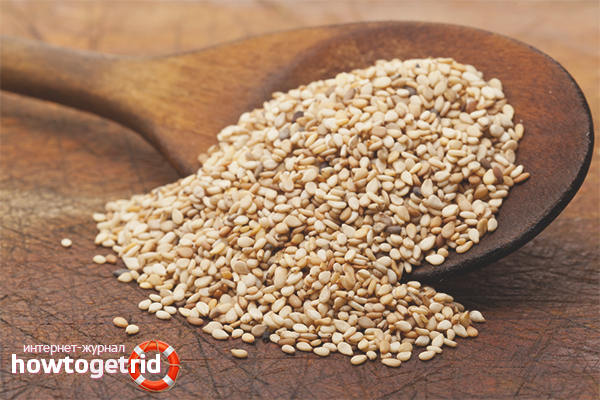
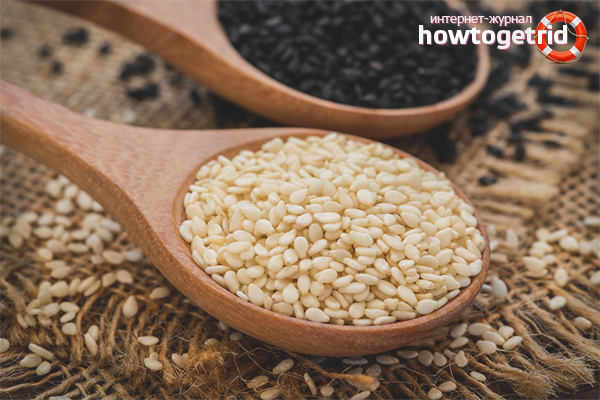
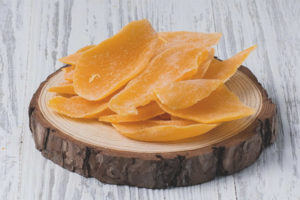
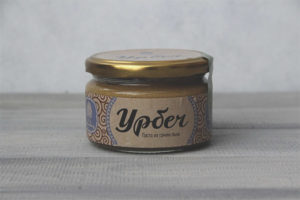
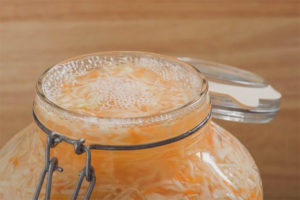
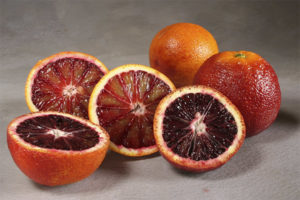
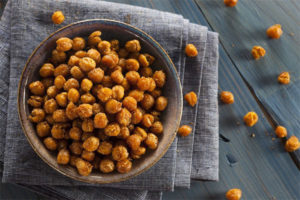
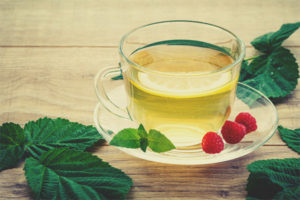
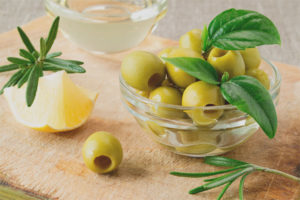
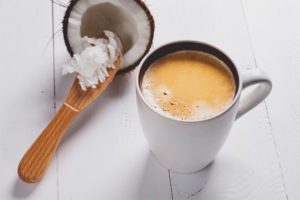
Submit